
Common Neurological Procedures And Their Indications
30 Mar, 2023
 Healthtrip
HealthtripNeurosurgery is a field of medicine that focuses on treating conditions related to the nervous system, including the brain, spine, and peripheral nerves. These procedures are often complex and require a lot of skill and precision to perform successfully. Neurosurgeons are specialists who are trained to diagnose and treat neurological disorders.
They have completed advanced training in the diagnosis and treatment of neurological disorders.
Transform Your Beauty, Boost Your Confidence
Find the right cosmetic procedure for your needs.

We specialize in a wide range of cosmetic procedures

There are many different types of neurosurgical procedures that can be performed, and they are all designed to help people overcome their neurological conditions:
1. Craniotomy
A craniotomy is a surgical procedure in which a portion of the skull is removed to gain access to the brain. This procedure is performed to treat a variety of neurological conditions, including brain tumors, traumatic brain injury, and cerebral aneurysms. The procedure involves making an incision in the scalp and using specialized instruments to remove a portion of the skull. Once the brain is exposed, the neurosurgeon can perform the necessary procedures, such as removing a tumor or repairing a blood vessel.
2. Spinal Fusion
Spinal fusion is a surgical procedure in which two or more vertebrae are fused together to stabilize the spine. This procedure is often performed to treat spinal fractures, herniated discs, and spinal deformities. The procedure involves removing the damaged or diseased portion of the spine and replacing it with bone grafts or metal hardware. The bone grafts will eventually fuse with the existing bone, creating a solid structure.
Most popular procedures in India
Atrial septal defect
Upto 80% off
90% Rated
Satisfactory
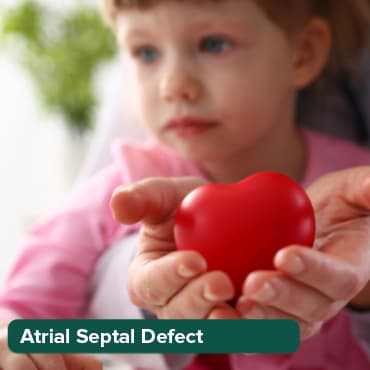
Coronary Angiogram a
Upto 80% off
90% Rated
Satisfactory
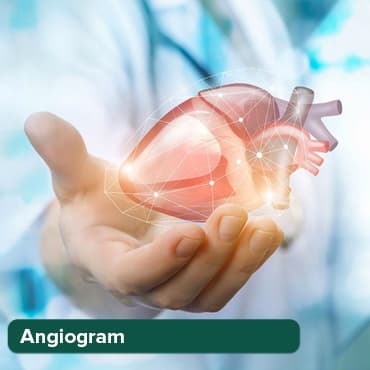
Coronary Angiogram C
Upto 80% off
90% Rated
Satisfactory
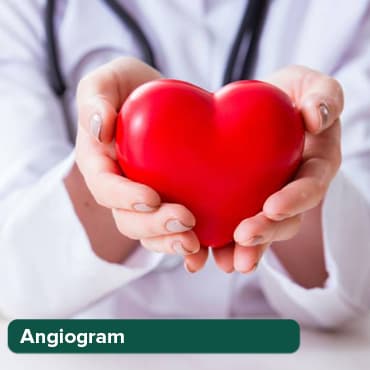
Liver Transplant
Upto 80% off
90% Rated
Satisfactory
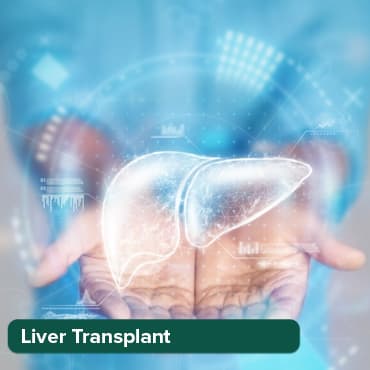
Total Hip Replacemen
Upto 80% off
90% Rated
Satisfactory
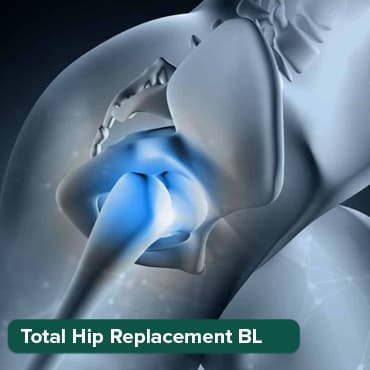
Deep brain stimulation (DBS) is a surgical procedure in which electrodes are implanted in specific areas of the brain to treat neurological disorders such as Parkinson's disease, dystonia, and essential tremors. The electrodes are connected to a small device called a neurostimulator, which is implanted under the skin in the chest or abdomen. The neurostimulator delivers electrical impulses to the brain, which can help alleviate symptoms.
4. Endoscopic Pituitary Surgery
Endoscopic pituitary surgery is a minimally invasive surgical procedure that is used to treat disorders of the pituitary gland, such as tumors and hormone imbalances. The procedure involves making a small incision in the nasal cavity and using an endoscope to access the pituitary gland. The neurosurgeon can then remove the tumor or repair the gland using specialized instruments.
5. Microvascular Decompression
Microvascular decompression (MVD) is a surgical procedure that is used to treat trigeminal neuralgia, a condition that causes severe facial pain. The procedure involves identifying and decompressing the blood vessels that are compressing the trigeminal nerve, which can help alleviate pain. The procedure is typically performed using a microscope and specialized instruments.
6. Lumbar Discectomy
Lumbar discectomy is a surgical procedure that is used to treat herniated discs in the lumbar spine. The procedure involves removing the portion of the disc that is compressing the spinal nerve, which can help alleviate pain and other symptoms. The procedure is typically performed using a microscope and specialized instruments.
7. Carpal Tunnel Release
Carpal tunnel release is a surgical procedure that is used to treat carpal tunnel syndrome, a condition that causes numbness and tingling in the hands and fingers. The procedure involves making a small incision in the wrist and cutting the ligament that is compressing the median nerve. This can help alleviate symptoms and improve hand function.
Neurosurgery is a vital field of medicine that has helped countless people overcome their neurological conditions. These procedures require a lot of skill and precision, but they are also rooted in compassion and care for the patient.
The procedures discussed above are just a few of the many neurosurgical procedures that are available to treat neurological conditions. If you are experiencing symptoms related to a neurological condition, it is important to consult with a neurosurgeon to determine the best course of treatment for your individual needs
Post recovery:
The post-recovery medication for neurosurgical procedures can vary depending on the specific procedure and the patient's individual needs. However, here are some common medications that may be prescribed to aid in the recovery process:
- Pain medication: After a neurosurgical procedure, it's common to experience pain at the surgical site. Pain medication, such as opioids or nonsteroidal anti-inflammatory drugs (NSAIDs), may be prescribed to help manage this pain.
- Antibiotics: In some cases, antibiotics may be prescribed to prevent infection after surgery. This is especially important for procedures that involve opening the skull or accessing the spinal cord.
- Anticonvulsants: Some patients may be prescribed anticonvulsant medication after a neurosurgical procedure to prevent seizures. This is particularly common for procedures that involve the brain.
- Steroids: Steroids may be prescribed to reduce inflammation and swelling after surgery. This can be especially important for procedures that involve the brain or spinal cord.
- Blood thinners: Patients who are at risk of blood clots may be prescribed blood thinners after surgery to prevent these complications.
It's important for patients to take their medications as prescribed and to follow up with their healthcare providers regularly after surgery. This can help ensure a smooth recovery and reduce the risk of complications.
How can we help with the treatment?
If you're on the lookout for treatment in India, Thailand, Singapore, Malaysia, UAE, and Turkey, let Healthtrip be your compass. We will serve as your guide throughout your medical treatment. We'll be by your side, in person, even before your medical journey commences. The following will be provided to you:
- Connect with renowned doctors from a network spanning 35+ countries and access the world's largest health travel platform.
- Collaboration with 335+ top hospitals , including Fortis and Medanta.
- Comprehensive treatments from Neuro to Cardiac to Transplants, Aesthetics, and Wellness.
- Post-treatment care and assistance.
- Teleconsultations at $1/minute with leading surgeons.
- Trusted by 44,000+ patients for appointments, travel, visa, and forex assistance.
- Access top treatments and packages, such as Angiograms and many more.
- Gain insights from genuine patient experiences and testimonials.
- Stay updated with our medical blog.
- 24/7 unwavering support, from hospital formalities to travel arrangements or emergencies.
- Pre-scheduled specialist appointments.
- Prompt emergency assistance, ensuring safety.
Our success stories
Wellness Treatment
Give yourself the time to relax
Lowest Prices Guaranteed!

Lowest Prices Guaranteed!




